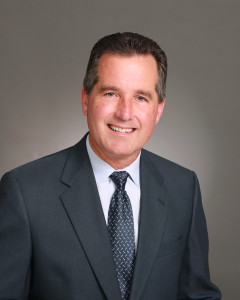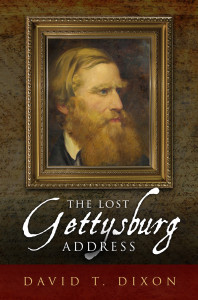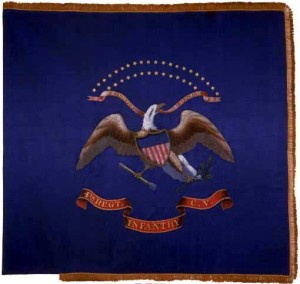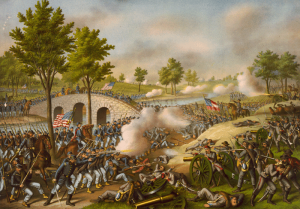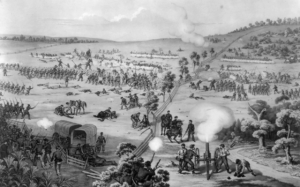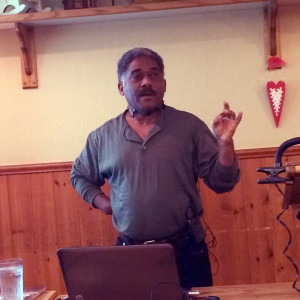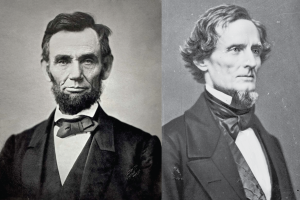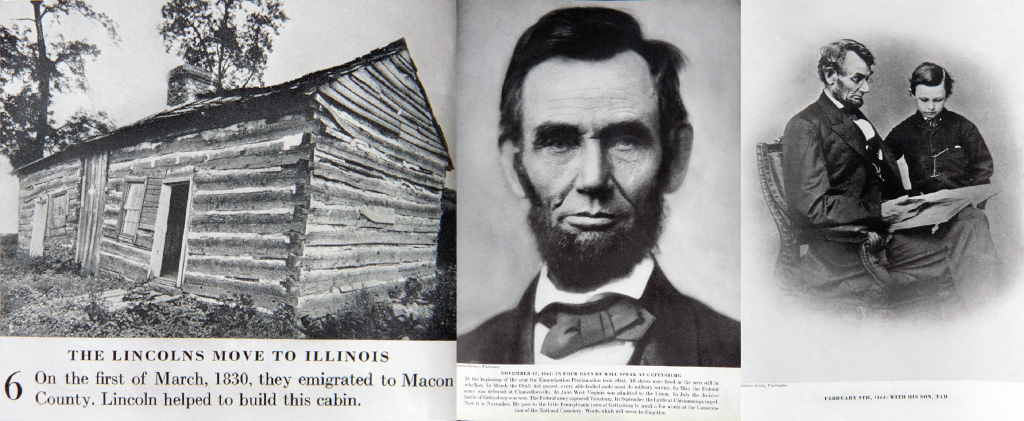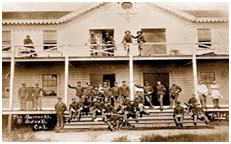Bob Burch on “Californian U.S. Volunteer Units, Part 2: Cavalry”
This is the second of a three-part presentation on the California Volunteers and the third in the California and the American Civil War series. The first presentation provided an overview of the mustering process used by Union states to generate new regiments with an emphasis on its application in California. This second presentation focused on California Volunteer cavalry regimental histories while the third will focus on the infantry regiments. Each unit history includes a historical summary, commander’s biography, and map detailing duty locations. Drawing from extensive original and secondary historical sources and photographs, this presentation provides the most exhaustive history of these regiments available.
California contributed two regiments and one battalion of cavalry to the Union War effort. These soldiers served across the entire Western United States from Idaho to Arizona Territories, and as far eastward as Wyoming Territory and Texas. They checked Secessionist activities in southern California, repelled a Confederate invasion of New Mexico, protected mail routes across the West, and conducted numerous campaigns against hostile Indians including the famous Battle of Apache Pass. They also suffered the highest losses of all the California regiments during the war.
Among the eleven regimental and battalion commanders were some of the most famous or colorful characters serving with the California Volunteers. These include detached Regular Army officers Lieutenant Colonel Benjamin Franklin Davis of Alabama who commanded the 1st California Cavalry and died leading a Union brigade at Brandy Station, as well as Colonel Andrew Jackson Smith of the 2nd California Cavalry who later commanded a corps with distinction at Nashville and Mobile Bay. Most commanders were long forgotten Californians who served their country in time of crisis. They include Colonel Edward McGarry of the 1st Cavalry who gained fame during the Shoshone Indian Campaign. Colonel Clearance Bennett, also of the 1st Cavalry, was instrumental in preventing Secessionist capture of Southern California. Major Salvador Vallejo, Native California Cavalry (NCC) Battalion, whose troops fought Confederate Partisans near San Jose. And eccentric Major John Cremony who later led the NCC against hostile Indians in Arizona.
This presentation put to rest the notion that California only panned gold for four years to pay for the Union war effort. It highlights the exploits and contributions of the California Volunteer Cavalry.
Bob Burch is a native Californian, born and raised in Santa Clara County. He is also a lifetime student of the Civil War. He had the opportunity to visit many Civil War sites from Florida to Pennsylvania to New Mexico during his 30 year military career. Like many California CWRT members, he desires to understand his home state’s role in the war. He started collecting material for this presentation ten years ago and initiated a serious study 15 months ago. This series documents his research in great detail. Time allows only a few key points from each slide to be presented. Numerous period photographs and magazine drawings are included for visual effect with the intent of comprehending California’s role in the Civil War.


